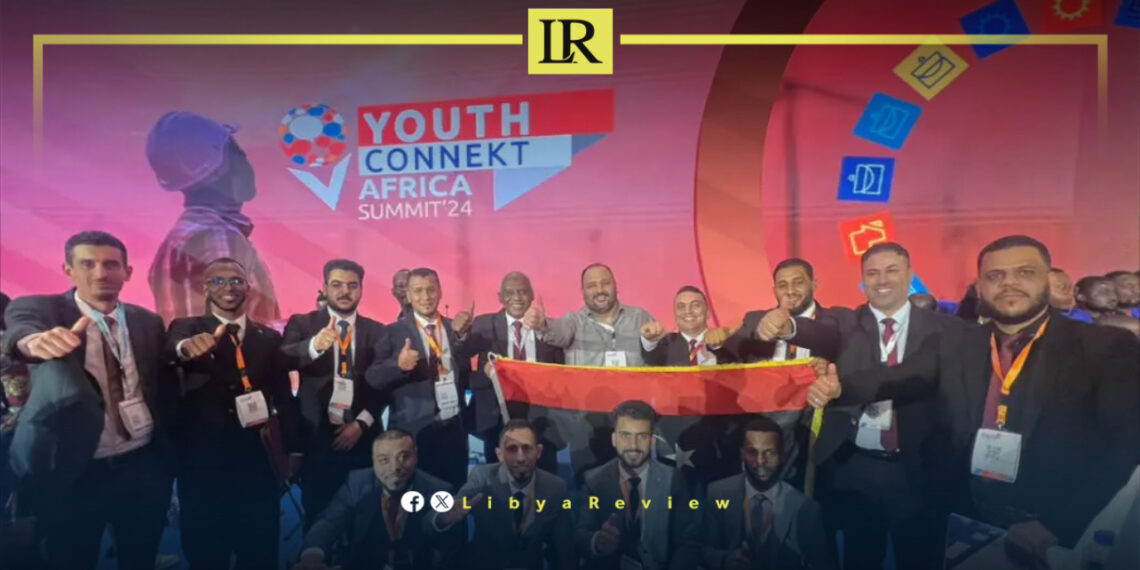Libya has marked its presence at the seventh edition of the “Africa Connect Youth Summit,” which commenced in Kigali, Rwanda. This summit, themed “Jobs for Youth through Innovative Skills,” will run through November 11.
Represented by a delegation from the leadership of local youth councils, Libya’s participation is spearheaded by the Minister of Youth of the Government of National Unity, Fathallah Al-Zani.
The summit aims to bolster continental initiatives accelerating Africa’s Agenda 2063 and enhancing the industrial and economic transformation of its youth. Discussions at the summit will cover developmental challenges, knowledge exchange, and continental cooperation, with a particular focus on developing future skills for youth and expanding training opportunities across Africa.
Libya has been in chaos since a NATO-backed uprising toppled longtime leader Muammar Gaddafi in 2011. The county has for years been split between rival administrations.
Libya’s economy, heavily reliant on oil, has suffered due to the ongoing conflict. The instability has led to fluctuations in oil production and prices, impacting the global oil market and Libya’s economy.
The conflict has led to a significant humanitarian crisis in Libya, with thousands of people killed, and many more displaced. Migrants and refugees using Libya as a transit point to Europe have also faced dire conditions.
The planned elections for December 2021 were delayed due to disagreements over election laws and the eligibility of certain candidates. This delay has raised concerns about the feasibility of a peaceful political transition.
Despite the ceasefire, security remains a significant concern with sporadic fighting and the presence of mercenaries and foreign fighters. The unification of the military and the removal of foreign forces are crucial challenges.


